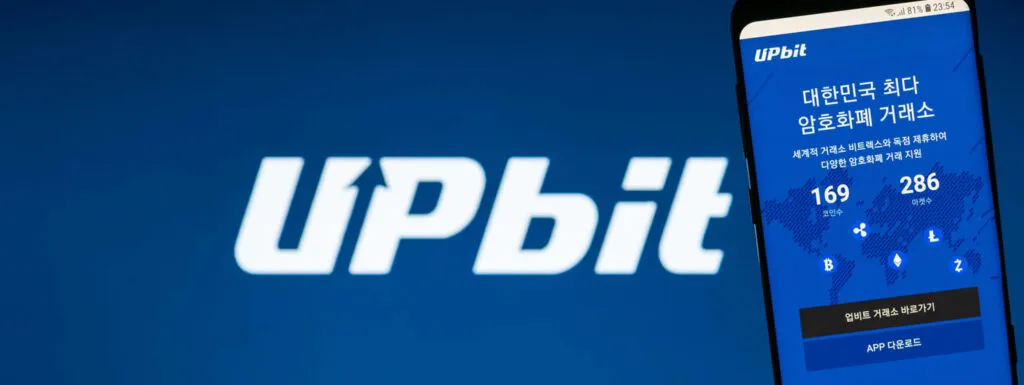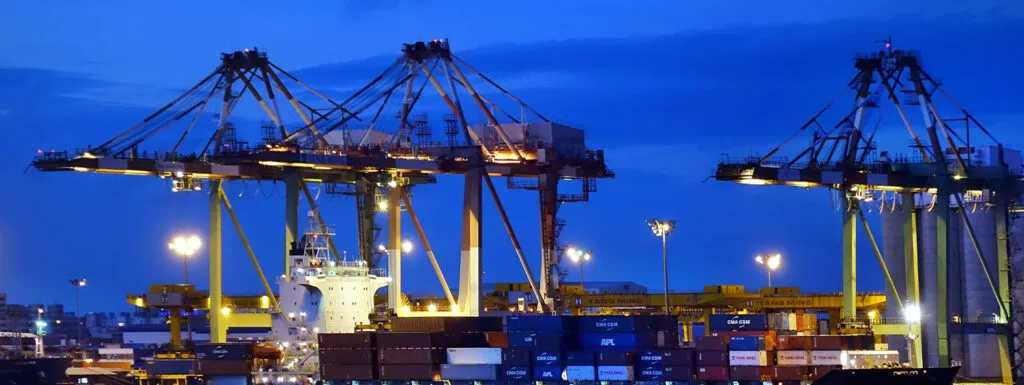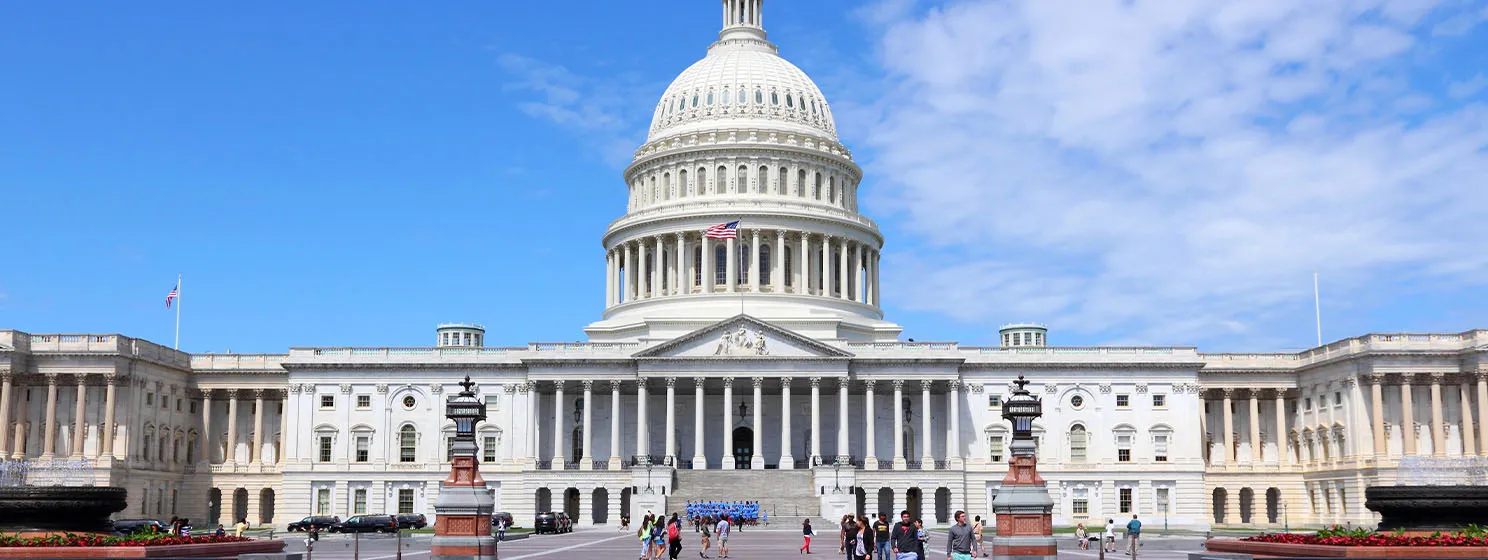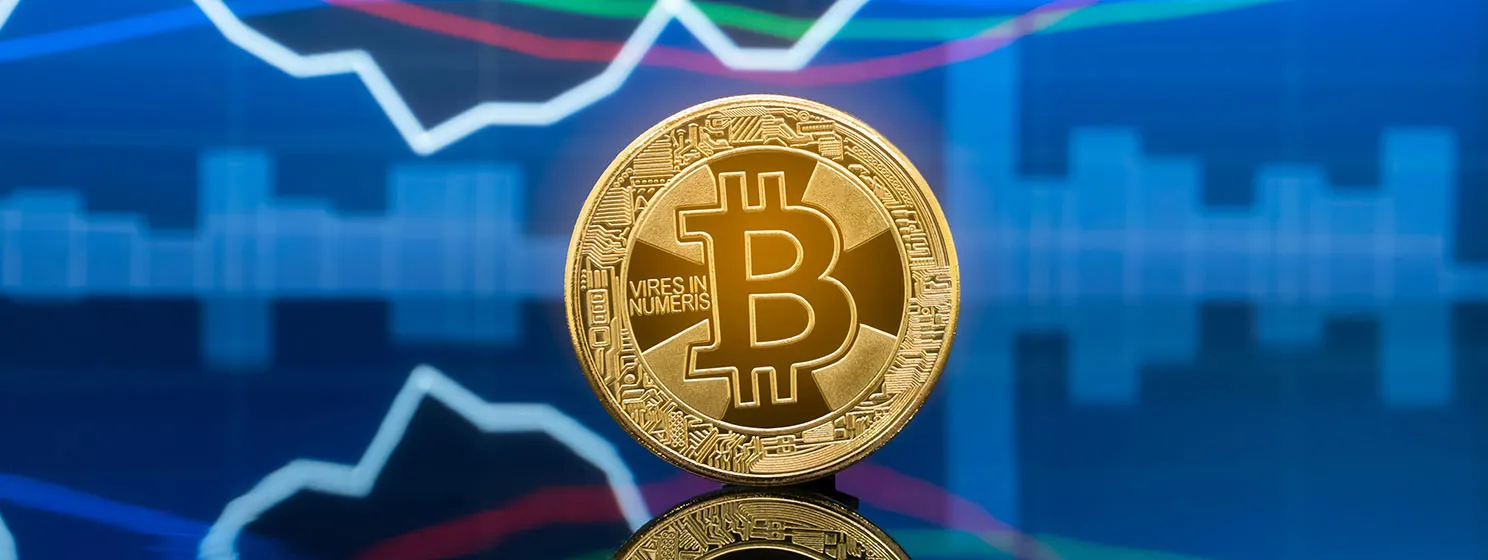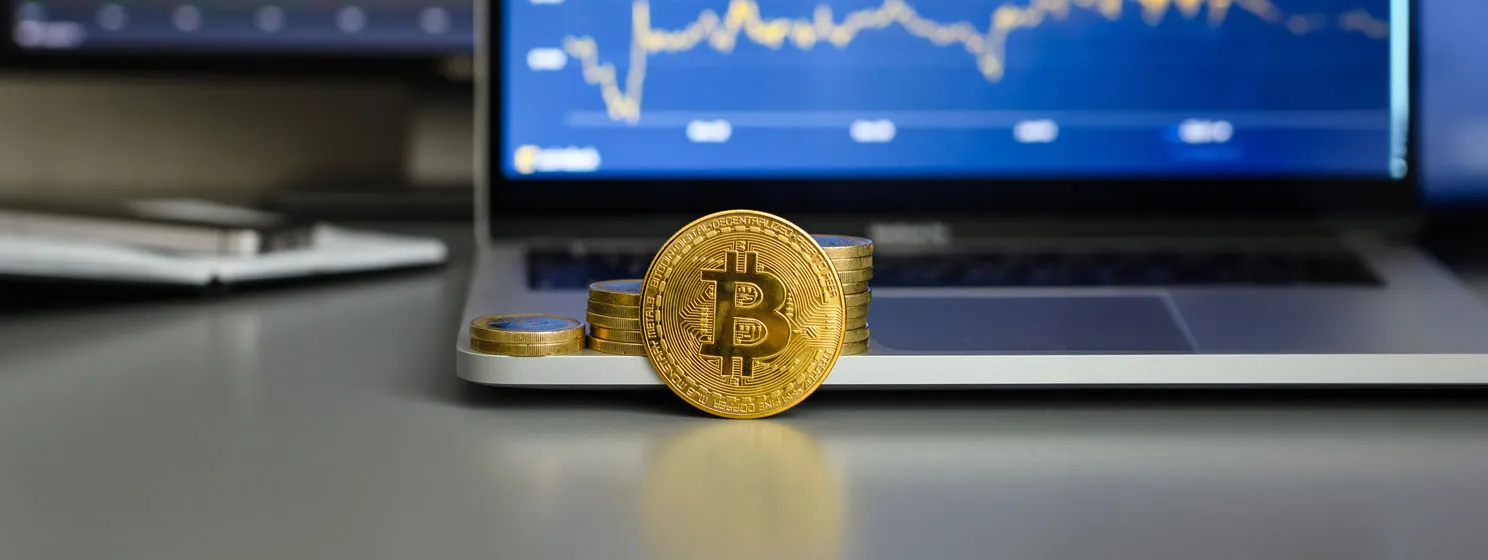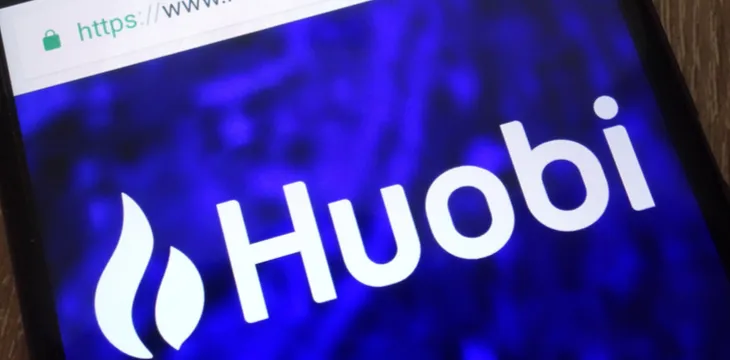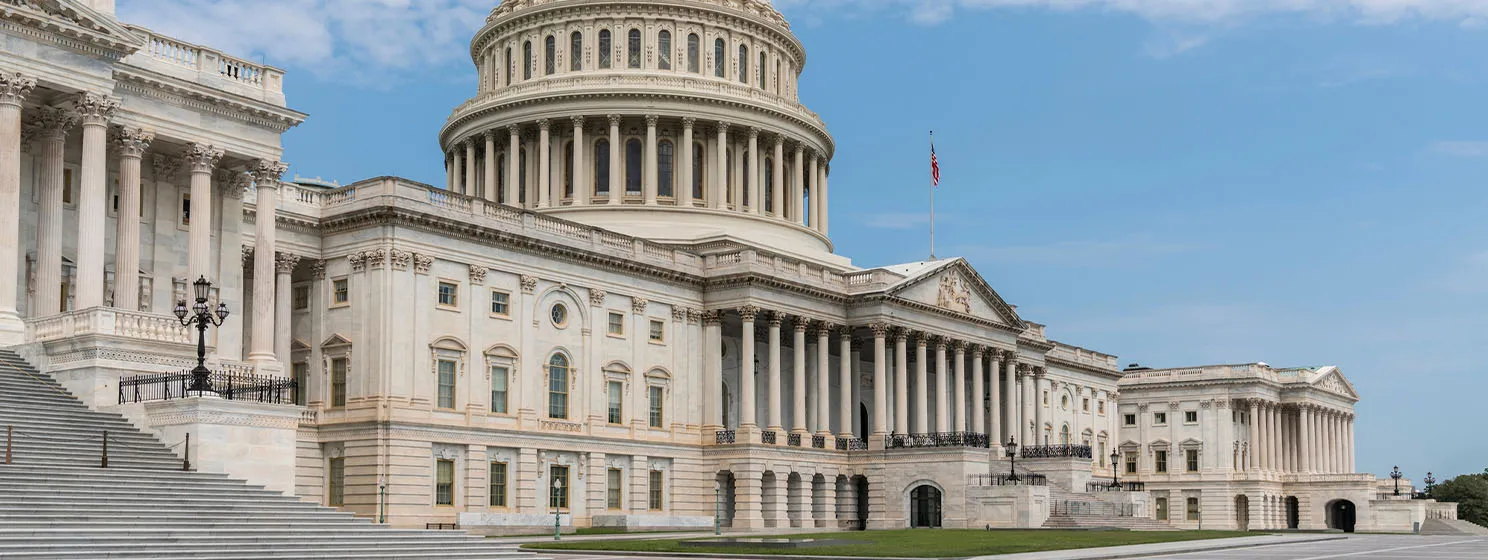
France
US miners’ share grows as Chinese ASIC makers put down US roots
JPMorgan declared this week that the combined share of the 13 U.S. mining operators accounts for 31.5% of the overall...
Digital payments in Europe grow; Tourists urged to carry cash
A report predicts a double-digit CAGR for EU digital payments in 2025, while authorities urge tourists in Western Europe to...
South Korea gives nod to ‘crypto’; Upbit faces hefty fines
Institutional investors can start cashing digital assets out in H1 and access all the other services in H2 as FSC...
India, France form joint roadmap for safe AI
India and France commit to utilizing AI not only to help achieve their sustainable development goals but also to improve...
Le Chat tops app downloads as France invests €100B in AI
Europe is gradually proving that it could rise above powerful economies in the global tech scene, with France leading the...
Firms flaunt blockchain’s utility in transportation, maritime
Global firms are recognizing the power of blockchain beyond finance, with enterprises now leveraging the tech in the transportation and...
Recent
Trending
Most Views

 07-12-2025
07-12-2025 


